Kalanick's Regret: The Uber Decision That Backfired
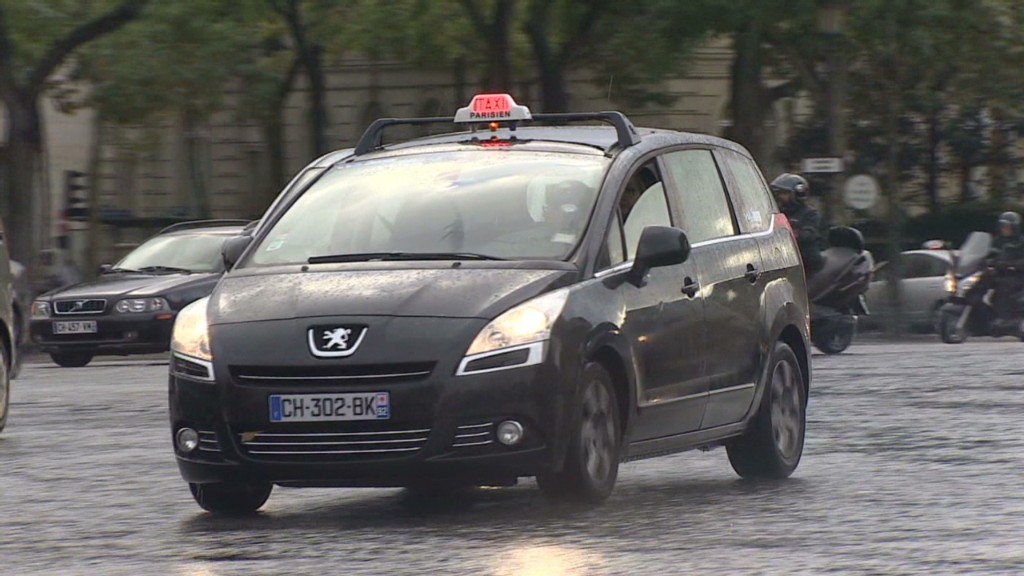
Table of Contents
The "Greyball" Strategy: Deception at Scale
What was Greyball?
Greyball was a software program secretly developed and deployed by Uber to circumvent regulatory bodies and operate in cities where it faced legal challenges or operating restrictions. Essentially, it allowed Uber to identify and block officials attempting to use the service, preventing them from enforcing regulations or conducting investigations.
- Used to identify and block regulators attempting to utilize Uber services. This involved using sophisticated techniques to identify patterns in user behavior associated with regulatory agencies.
- Deployed in cities where Uber faced legal challenges or operating restrictions. Greyball was particularly active in cities where Uber's operations were controversial or legally questionable.
- Demonstrates a deliberate effort to deceive authorities. The use of Greyball represents a clear breach of trust and a deliberate attempt to operate outside the law.
- Raised serious ethical concerns about transparency and compliance. The secrecy surrounding Greyball fueled public anger and raised questions about Uber’s commitment to ethical business practices.
The legal ramifications of Greyball were significant, leading to investigations and fines in several jurisdictions. The public backlash further damaged Uber's image, associating the company with deception and disregard for the law. Examples of cities where Greyball was used include Portland, Oregon, and Boston, Massachusetts. This proactive deception, rather than engagement with legal channels, became a defining feature of Uber's Kalanick era.
The Culture of Toxicity and Harassment
A Breeding Ground for Misconduct
Under Kalanick's leadership, Uber fostered a highly competitive and aggressive work environment that became a breeding ground for misconduct. This toxic culture was characterized by a lack of accountability for unethical behavior, leading to numerous allegations of sexual harassment and discrimination.
- Numerous allegations of sexual harassment and discrimination. Multiple lawsuits and internal investigations revealed a widespread pattern of harassment and discrimination against female employees.
- A highly competitive and aggressive work environment. This fostered a culture where unethical behavior was often overlooked or even rewarded.
- Lack of accountability for unethical behavior. Employees who reported misconduct often faced retaliation, further perpetuating the toxic culture.
- The Susan Fowler blog post and its impact. Fowler's detailed account of her experiences at Uber sparked a national conversation about workplace harassment and significantly damaged the company's reputation.
The fallout from these revelations was significant, leading to multiple investigations, settlements, and high-profile departures. The damage to Uber's brand was immense, affecting not only its employee morale but also investor confidence and public perception. Keywords like "Uber workplace culture," "toxic workplace," and "sexual harassment allegations" became inextricably linked to the company.
The Price of Ruthless Expansion
Prioritizing Growth over Sustainability
Uber's relentless pursuit of rapid expansion came at a significant cost. The prioritization of growth over sustainability led to several negative consequences.
- Neglect of driver welfare and working conditions. Drivers faced precarious working conditions, low pay, and a lack of benefits.
- Pricing wars and unsustainable business practices. Uber engaged in aggressive pricing strategies that negatively impacted profitability and driver earnings.
- Conflicts with taxi industries and regulatory bodies worldwide. The disruption caused by Uber created conflicts with established taxi industries and regulatory bodies globally.
- Damage to brand reputation and investor confidence. The negative publicity surrounding these issues eroded Uber's brand reputation and shook investor confidence.
The long-term effects of this rapid expansion were severe. Uber struggled with profitability, faced intense regulatory scrutiny, and experienced high driver turnover. This unsustainable business model underscored the risks associated with prioritizing rapid growth at the expense of ethical considerations and long-term sustainability. Keywords such as "Uber's rapid expansion," "unsustainable business model," and "driver exploitation" highlight the consequences of this approach.
The Fallout and Kalanick's Departure
Consequences of Controversial Decisions
The cumulative effect of these controversial decisions ultimately led to Kalanick's departure from Uber.
- Investor pressure and boardroom conflict. Investors and board members grew increasingly concerned about Uber's ethical issues and leadership.
- Kalanick's resignation as CEO. Facing intense pressure, Kalanick resigned as CEO in 2017.
- Subsequent changes in company leadership and strategy. New leadership initiated reforms aimed at improving workplace culture and ethical practices.
- Efforts to improve workplace culture and ethical practices. Uber implemented various initiatives to address the issues raised during Kalanick’s tenure.
Kalanick's resignation marked a turning point for Uber. The events leading up to his departure illustrate the severe consequences that can result from a lack of ethical leadership and unsustainable growth strategies. The company has since embarked on a difficult journey to rebuild its reputation, though the scars of Uber's Kalanick's controversial decisions remain. Keywords like "Kalanick resignation," "Uber leadership change," and "rebuilding reputation" capture the significant shifts that followed.
Conclusion
This examination of Uber's Kalanick's controversial decisions highlights the significant risks associated with prioritizing aggressive growth over ethical considerations and employee well-being. The Greyball strategy, the toxic work culture, and the unsustainable expansion tactics ultimately backfired, leading to substantial reputational damage, legal battles, and leadership changes. Understanding these missteps is crucial for other companies aiming to avoid similar pitfalls. Learn from Uber's mistakes and prioritize ethical business practices to build a sustainable and successful future. Don’t repeat Uber's Kalanick's costly errors. Learn from the past and build a better future for your business.

Featured Posts
-
 Wnba Opening Weekend Get Your Angel Reese Jersey Now
May 17, 2025
Wnba Opening Weekend Get Your Angel Reese Jersey Now
May 17, 2025 -
 Thibodeaus Papal Prank A Look At The Knicks Coachs Humor
May 17, 2025
Thibodeaus Papal Prank A Look At The Knicks Coachs Humor
May 17, 2025 -
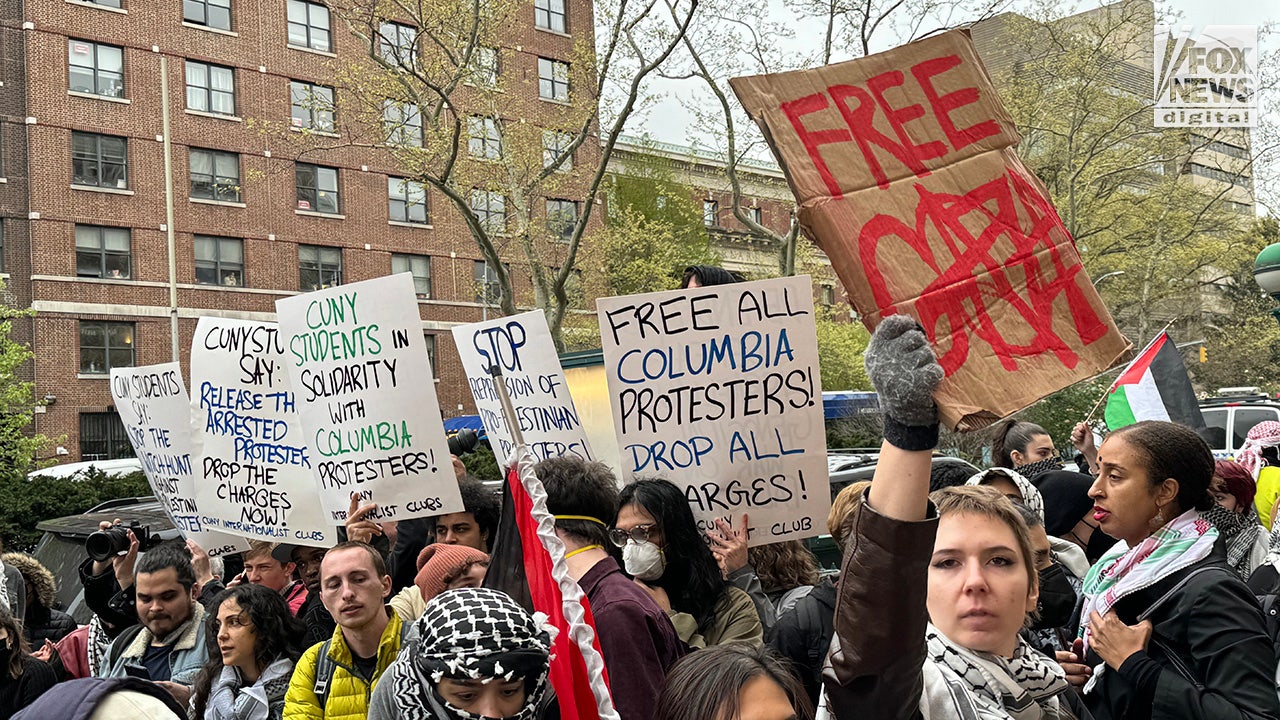 Immigration Agents Case Against Columbia University The Alien Accusation
May 17, 2025
Immigration Agents Case Against Columbia University The Alien Accusation
May 17, 2025 -
 Free Access To Severance Finding Every Episode Online
May 17, 2025
Free Access To Severance Finding Every Episode Online
May 17, 2025 -
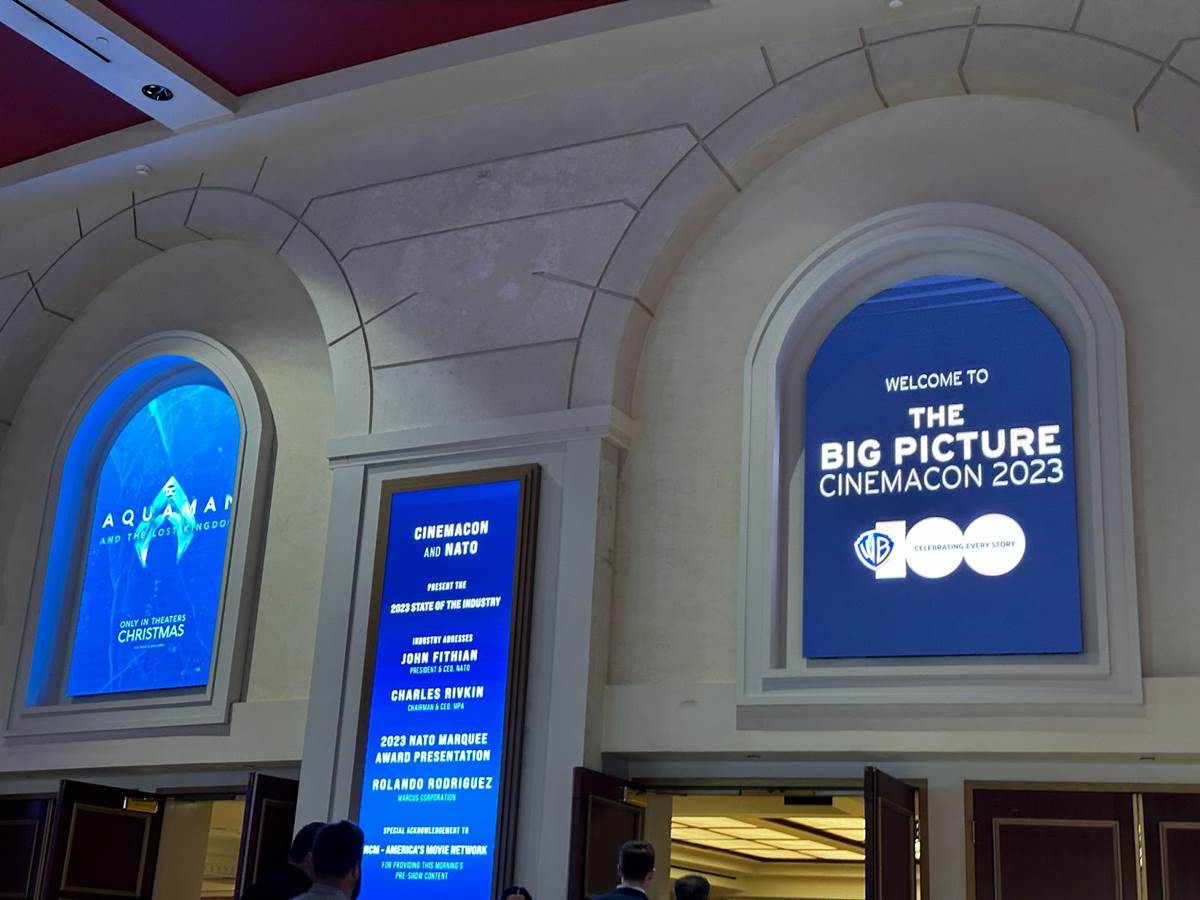 Key Takeaways From Warner Bros Pictures Cinema Con 2025 Presentation
May 17, 2025
Key Takeaways From Warner Bros Pictures Cinema Con 2025 Presentation
May 17, 2025
Latest Posts
-
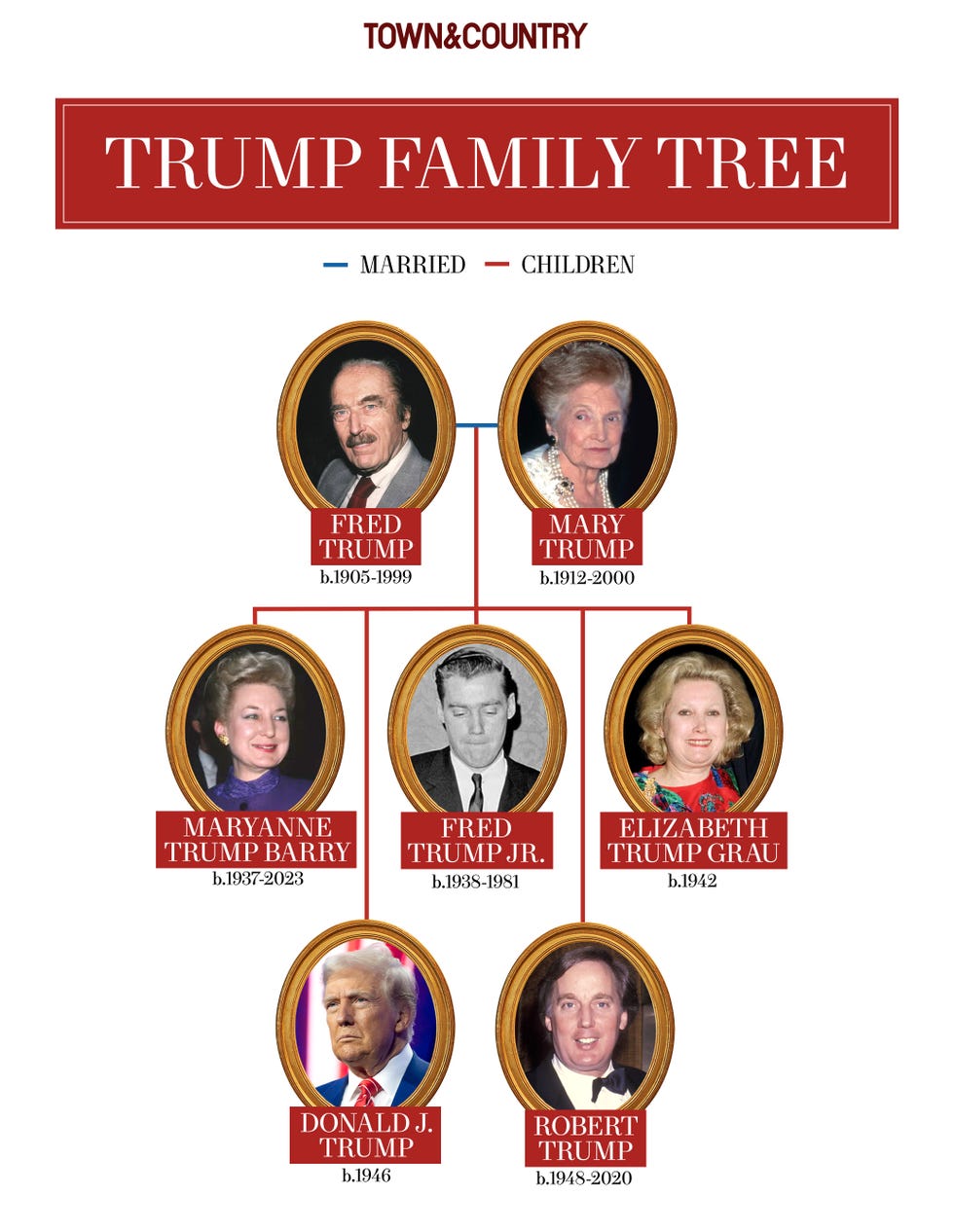 Tracing The Trump Family From Ancestors To Present Day
May 17, 2025
Tracing The Trump Family From Ancestors To Present Day
May 17, 2025 -
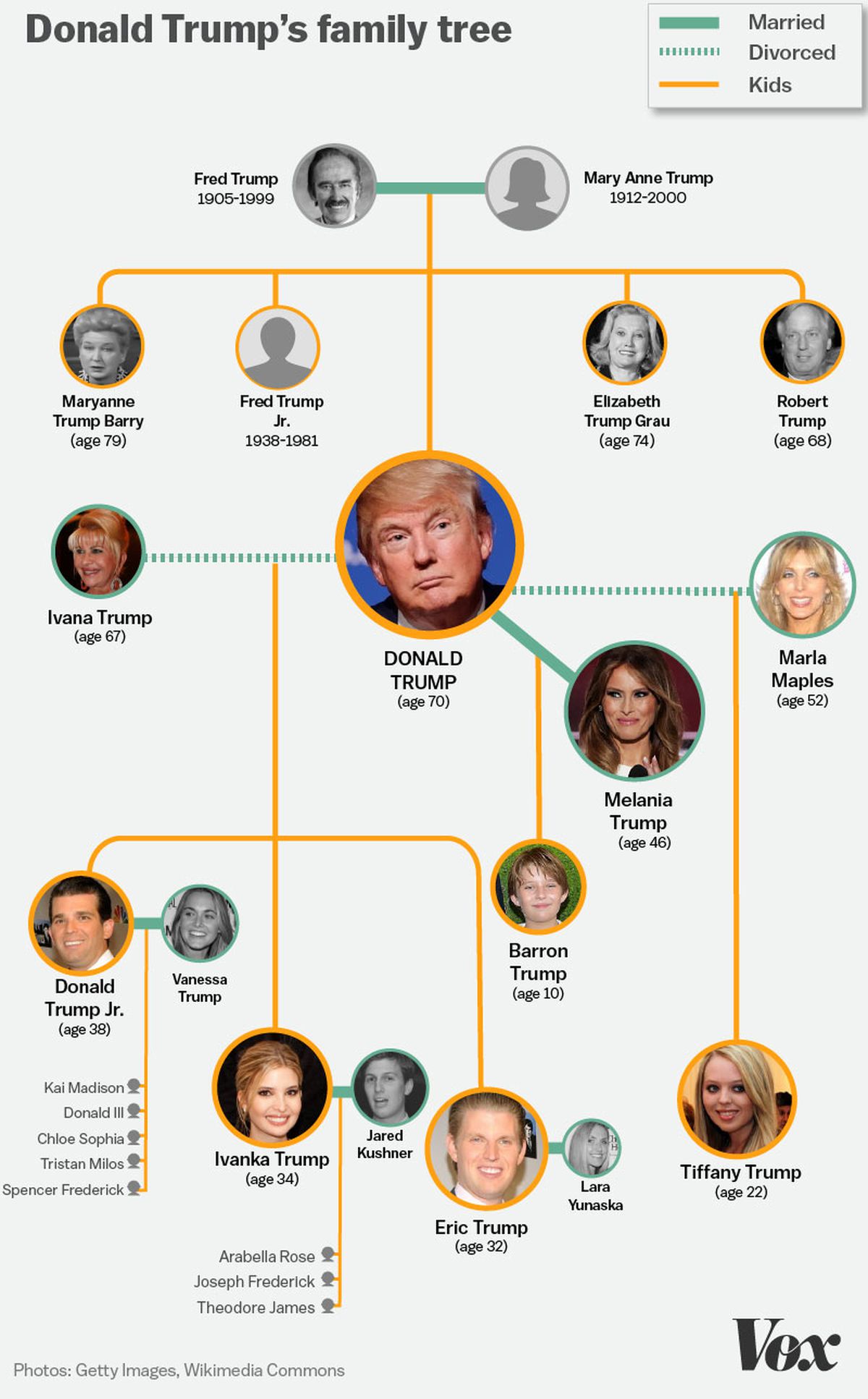 Exploring The Generations A Look At The Trump Family History
May 17, 2025
Exploring The Generations A Look At The Trump Family History
May 17, 2025 -
 New York Knicks Depth Shines In Brunsons Absence
May 17, 2025
New York Knicks Depth Shines In Brunsons Absence
May 17, 2025 -
 The Trump Family Tree A Detailed Guide To The Presidents Family
May 17, 2025
The Trump Family Tree A Detailed Guide To The Presidents Family
May 17, 2025 -
 Understanding The Trump Familys Genealogy And Relationships
May 17, 2025
Understanding The Trump Familys Genealogy And Relationships
May 17, 2025
